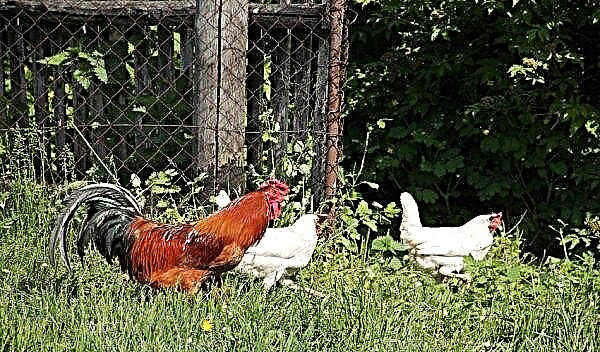In recent years, slaughterhouses have closed in Dresden, Chemnitz and Naunhof, Saxony (Germany). Now the turn of the Altenburg massacre, which will no longer accept pigs. Pig farmers must bring their animals to Weissenfels in Saxony-Anhalt.
According to the MDR report, this increases costs for farmers. Changes will also be made to the Transport Ordinance, which includes stricter rules for the transport of livestock.
Juliana Bergmann of the Association of Farmers of the Region suspects that the slaughterhouses are centralized for cost reasons. This is partly due to tightening requirements that slaughterhouses could not fulfill.
 Nutritionists advise to eat no more than 200 g of pork per day.
Nutritionists advise to eat no more than 200 g of pork per day.
After the cessation of operations in Altenburg in Saxony and Thuringia there will be no large slaughterhouses. Pigs from East Saxony will also arrive at the Tönnies factory in Weissenfels in Saxony-Anhalt from the border region with Poland.
Without Weissenfels, the only way out would be to go to Bavaria, Hesse or Lower Saxony, where the existing slaughterhouses are located.
But the state farmer’s association is already talking about "the pursuit of regionalism." Since after the pig in Tonnie was butchered, the breeder no longer has any influence on whether she is in the region and whether meat is sold here.
- Earlier, we reported that 9 infected boars were found in Poland near the border with Germany.
- Japan is preparing a series of measures that will increase biosecurity at pig farms in the event of an outbreak of ASF.
- Despite laboratory tests showing that there is no African swine fever in Southeast Asia, more than 4,000 pigs have died.
- We also wrote that in Russia there was a discussion of the epizootic situation in ASF and the causes of its outbreaks in the country.
- As African swine fever spreads across many Asian and European countries, pig owners in New Zealand are vigilant.












